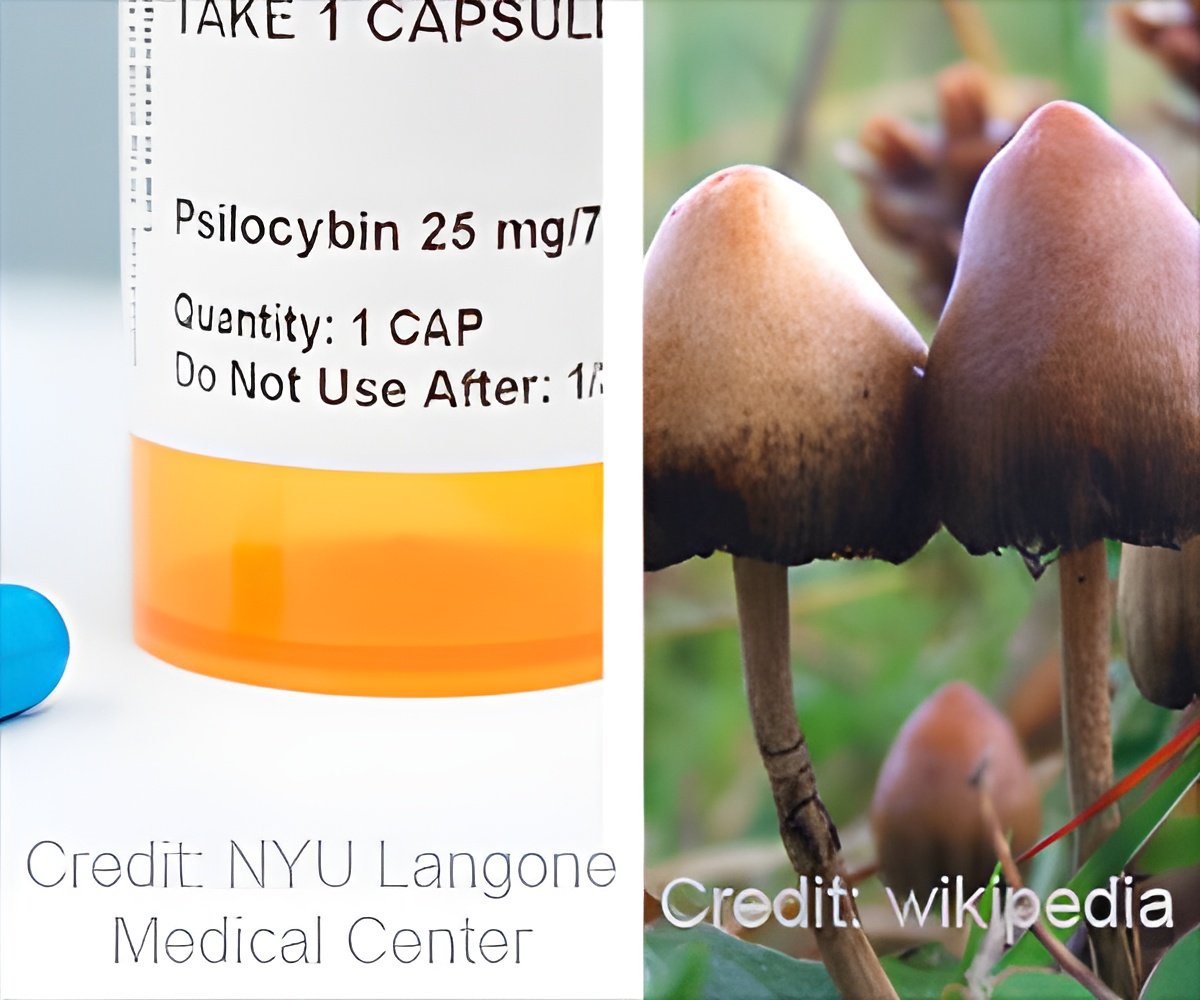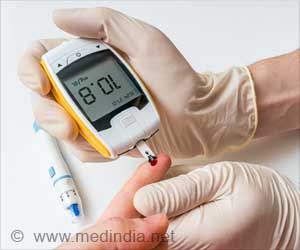
- Psilocybin offers similar or better long-term relief from depression compared to SSRIs
- Psilocybin showed greater remission rates than those on SSRIs
- Psilocybin improves social functioning and psychological connectedness
About 5% of adults worldwide live with depression, a mental health condition characterized by feelings of sadness, hopelessness, and an inability to experience joy. One common treatment for depression is selective serotonin reuptake inhibitors (SSRIs), a type of antidepressant medication. However, SSRIs often come with side effects, such as anxiety, headaches, nausea, and sleep issues, and do not work for about 30% of those who take them (1✔ ✔Trusted Source
Effect of psilocybin versus escitalopram on depression symptom severity in patients with moderate-to-severe major depressive disorder: observational 6-month follow-up of a phase 2, double-blind, randomised, controlled trial
).
In light of these challenges, researchers are exploring alternative treatments, such as Psilocybin, a psychedelic compound found in certain mushrooms, which may offer similar or better outcomes compared to selective serotonin reuptake inhibitors (SSRIs).
Researchers from Imperial College London conducted a study on the effects of psilocybin on depression symptoms, comparing it with the SSRI escitalopram. The study, published in Lancet eClinical Medicine and presented at the 37th European College of Neuropsychopharmacology Congress, involved 59 participants diagnosed with moderate-to-severe depression. Thirty participants received two 25-milligram doses of psilocybin, while the other 29 followed a 6-week course of escitalopram.
In addition to the treatments, all participants received approximately 20 hours of psychological support. Both groups showed significant improvement in depression symptoms up to six months after treatment.
Benefits of Psilocybin Treatment
According to the study’s co-author, Professor David Nutt, psilocybin disrupts negative thinking patterns, which are a core feature of depression. Although both psilocybin and escitalopram were effective, remission rates were notably higher in the psilocybin group.
Moreover, psilocybin showed significant improvements in social functioning and psychological connectedness, which contribute to overall well-being. This is a key finding, as improved social connections and a sense of purpose can enhance quality of life for people with depression.
Promising Alternative to Antidepressants
Dr. Simon Goldberg, who reviewed the study but was not involved in the research, expressed optimism about these findings, noting that psilocybin offers a potential alternative to antidepressants, which often come with side effects and may not work for everyone. Dr. David Merrill, a geriatric psychiatrist, noted that while psilocybin shows promise, access to it remains limited compared to SSRIs.
Advertisement
Despite these challenges, the results are encouraging for the future of depression treatment.
Psilocybin’s Broader Therapeutic Potential
In addition to depression, the research team is exploring psilocybin’s potential for treating other mental health conditions, including anorexia, obsessive-compulsive disorder (OCD), fibromyalgia, and addictions such as heroin and gambling. These future studies may expand psilocybin’s use in psychiatric treatments.
Advertisement
While psilocybin has shown promising results in this and other studies, it is not yet approved by regulatory agencies like the U.S. Food and Drug Administration (FDA) or the European Medicines Agency (EMA) for treating depression.
The study underscores the potential of psilocybin as an alternative to traditional SSRIs for treating depression. By improving both depression symptoms and social functioning, psilocybin may provide a more holistic approach to mental health. However, further research is required before psilocybin can become a mainstream treatment option for depression and other psychiatric conditions.
Reference:
- Effect of psilocybin versus escitalopram on depression symptom severity in patients with moderate-to-severe major depressive disorder: observational 6-month follow-up of a phase 2, double-blind, randomised, controlled trial – (https://www.thelancet.com/journals/eclinm/article/PIIS2589-5370(24)00378-X/fulltext)
Source-Medindia



